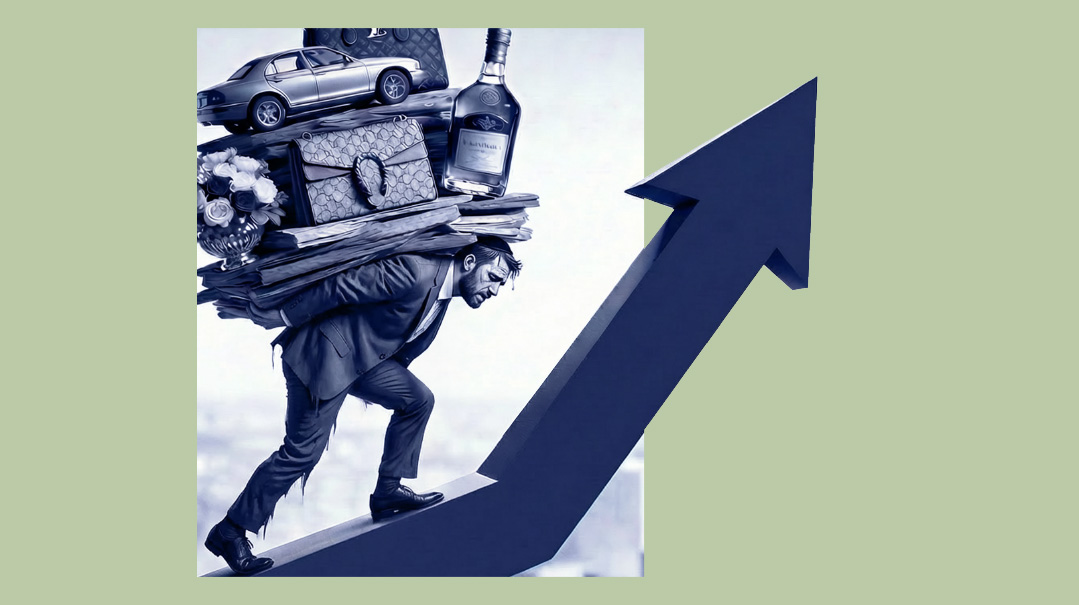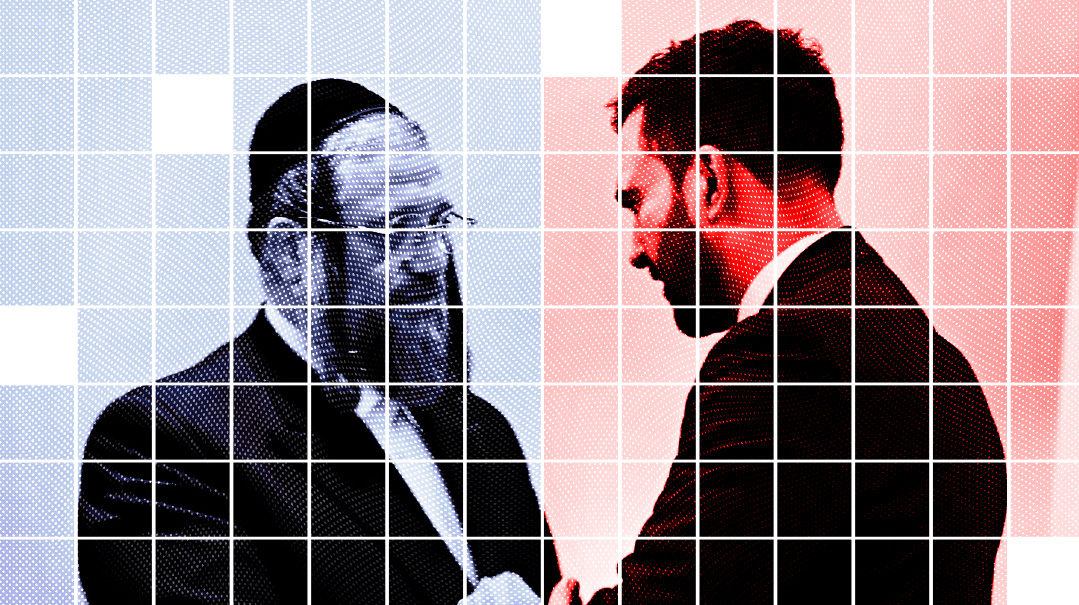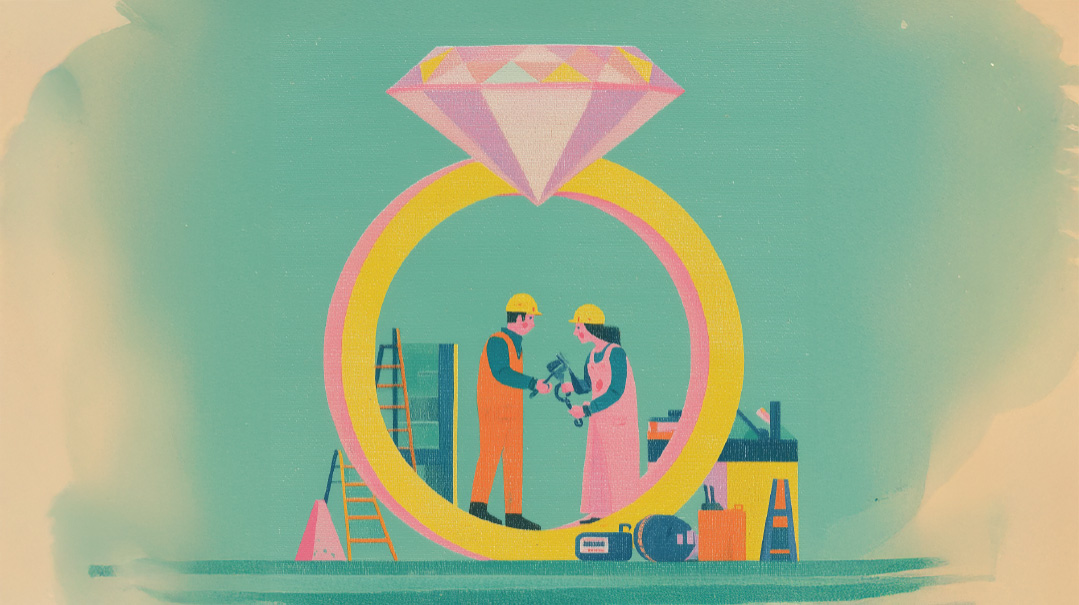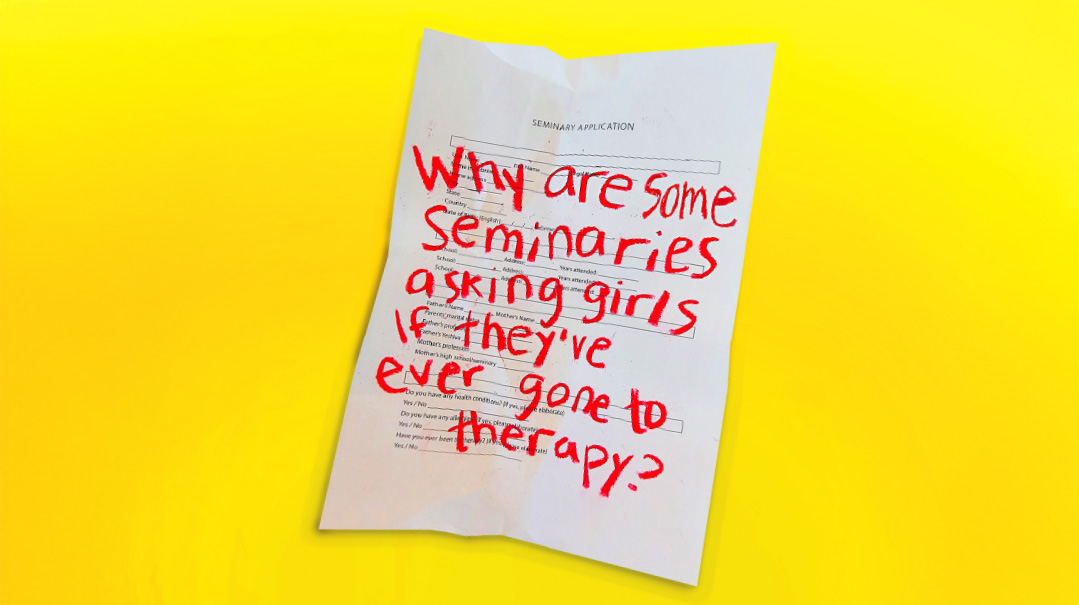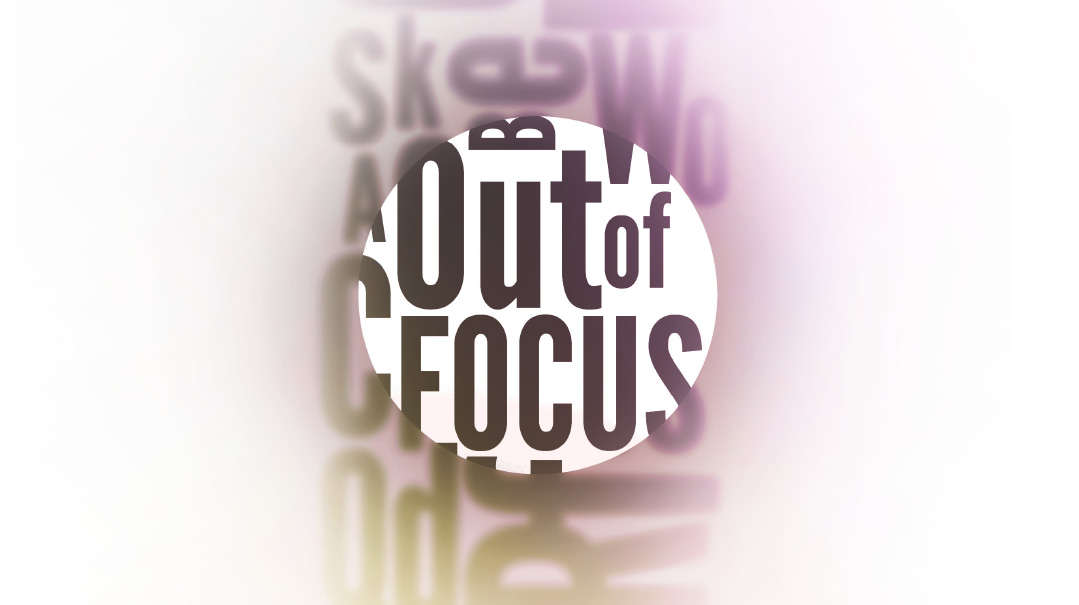The Conversation Continues: In response to “Help Me Join Your Nation”
| June 10, 2025In response to “Help Me Join Your Nation,” about the process of giyur, two women share their experience in the frum world post-geirus
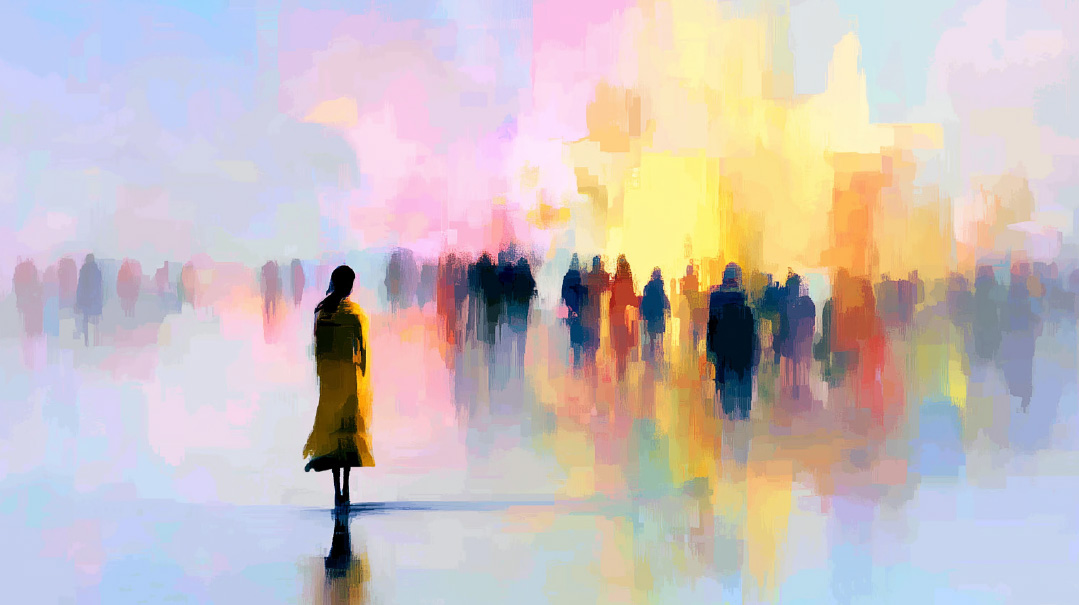
It’s Complex, Personal, and Sacred
Aliza Bracha Klein
There was a time when I’d openly share my conversion journey with anyone who asked. And then there came a time when I stopped.
You might be wondering why.
The reason I stopped sharing so openly was that after countless Shabbosim, chagim, and even interviews where being a giyores became my entire identity — rather than simply being Jewish — I grew exhausted.
Exhausted by the lack of understanding that halachah teaches not to remind a convert of their conversion. Tired of hearing, “Well, you chose to be Jewish,” as if that somehow invalidates my right to question, engage, or hold an opinion within Yiddishkeit. Worn down by insensitive comments about what I supposedly can or cannot do — like being told how I’ll mourn my parents one day, because they too converted, but it was a Reform conversion and “doesn’t count” — usually by people who don’t even know me.
And as a Jew of Color, the assumption that I’m a convert is almost always there. There’s no hiding. The questions begin — personal ones. It usually starts off with, “I know you have a story.” There are times when I don’t want to share my entire story at a Shabbos table full of strangers. Was I asked if I’d be comfortable sharing? That being said, I know that people are curious — because, as humans, we’re curious and that is normal. However, we have to be mindful about what we’re asking, how we’re asking, and when we’re asking. That could make all the difference.
Even in moments that had nothing to do with my journey, it was brought up. I was once interviewed for our local Jewish paper. The focus was supposed to be on my career, volunteer work, and leadership in the community. Not conversion. But one of the questions was, “How did your family discover Judaism?” I replied gently, explaining that it’s a personal topic — especially how I talk about my family’s Jewish journey, and mine in particular. I said I prefer to reserve that part of my story for spaces specifically focused on conversion. The response? Silence.
Even with a strong support system and incredible people around me, moments like these feel lonely — but not as lonely as the conversion process itself.
The conversion process can feel isolating because it’s so individualized. No two people go through the same experience. When I was in the process, the Beis Din connected me with a tutor I met with weekly. But I didn’t have a mentor-style sponsoring rabbi who accompanied me to my meetings with the Beis Din. I went alone to two out of three of them and had to advocate for myself — especially during my first meeting. One meeting, my tutor came. I also had rabbanim in the community who advocated and vouched for me, but the actual meetings were just me.
That level of independence and self-advocacy wasn’t something others in the process were necessarily experiencing. Back then, I saw it as a weakness. Now, I know it’s a strength. It gave me the courage to cold-call families I barely knew and ask to join them for Shabbos. It pushed me to take on leadership roles in my community, step into new young adult spaces, and even take a leave of absence from work to study at Neve Yerushalayim in Israel.
And yet, despite the hard parts — like navigating a frum wedding later on without much guidance or missing out on sheva brachot because my husband was divorced and I’m a convert — there were deeply meaningful moments.
Neve was life-changing. For the first time, I was surrounded by other converts — women who wanted to keep growing in their learning after their conversions. That experience was something I didn’t know I needed.
Going through conversion takes strength and resilience. We converts give up everything we once knew — risking family bonds, pausing marriage and children, sometimes even changing careers to be shomer Shabbos-friendly. We try to embrace a new identity without losing who we are. These are experiences many can’t imagine and wouldn’t choose.
While I’ve shared some challenging parts, it’s only to help you see into the multilayered and often unseen experiences many of us as converts go through. I’m sharing now not because I have to — but because I know how powerful it can be for someone else to feel seen and to enlighten those who may not understand. This journey is complex, personal, and sacred. I love Judaism deeply — not because I chose it, but because I live it. Every single day. It’s a life I continue to build, with intention and devotion, day after day.
Aliza Bracha holds a bachelor’s degree in journalism from Oakland University and a master’s degree in social work from Wayne State University. She has held leadership roles in several Metro Detroit Jewish organizations and remains dedicated to supporting her community through both clinical work and advocacy.
Simple, but Not Simple
E.M., Jerusalem
ASa giyores, I have a few comments to make about the issues raised in the article on geirus.
First, I had difficulty with the comment about how hard it would be after conversion, and that, “There will always be a divide between Jews from birth and you.” Just as every community is different, so is every post-conversion experience. I converted in the United States, but ended up living, getting married, and raising my children in another country. I never discussed my conversion with anyone. Halachically, it’s problematic for people to ask about it, and no one ever did. (I’m not naive; I’m sure there were many times when people may have discussed it, but it was never with me.) There was never any difference between how I, or my children, were treated in our day-to-day lives, not when it came to applying for schools, nor when I applied for jobs in the community.
I was also very concerned that one of the rabbanim interviewed felt it incumbent upon himself to warn a convert that they might never marry. Hashem is The Shadchan, only He decides when or if someone will find a zivug and merit to raise a family.
The idea in the article about creating a network of affiliated beis dins “to remove any doubt over a shtar geirus, eradicate the issues of improper geirus, and ensure that people don’t have to worry about being meshadech with geirim moving forward,” really resonated with me because marrying off my children was not smooth sailing.
I was very aware that when the time came for my children to begin dating, my status, my baal teshuvah husband, and the fact that we lived far from the world’s frum centers, would all be considered a mum. (I also knew that Hashem had given us exceptional children deserving of exceptional spouses, and that He would organize that if He saw fit.) When my oldest child started in shidduchim, the validity of my geirus was questioned. It was a kosher conversion, of course, but 25 years later, there was no way to prove that — the head of the beis din was no longer alive, another rav on the beis din had become involved in heterodox Judaism, and the third couldn’t be found.
The Rabbanut in Israel does have a rav they work with to inquire into these matters, and he usually calls together a beis din to determine the kashrus of the conversion. But he was slow to act, and meanwhile, my child wanted to start dating, but people weren’t interested in going ahead until the status of my geirus was confirmed.
The agmas nefesh while waiting for the beis din to act was excruciating. But I was fortunate — thank You, Hashem — to have had two very powerful rabbinic advocates, Rabbi Efraim Buchwald of National Jewish Outreach Program and Rabbi Dovid Nojowitz of Torah Umesorah, who when I called them and tearfully explained my situation, pushed the rav to constitute the beis din — and then acted as my eidim. The beis din inquired very closely into my life and ruled that I had indeed had a kosher conversion. I received their teshuvah: A four-page rabbinic document, duly signed and stamped, that was very difficult to read and thus not really suitable to share with prospective mechutanim. All I wanted was a simple document that attested to my Jewishness.
I went to the beis din in the country I’d been living in, showed them all my documents, and requested a teudas yahadus for myself and my children. Baruch Hashem, they gave me one. At that point, my oldest child, under the auspices of the Eidah Hachareidis, was able to get married in Jerusalem.
That should have been the end of the saga but… no. When it came time for child number two to start shidduchim, a potential mechutan showed their rav my teudas yahadus. His answer was, “I don’t recognize that beis din.” The beis din he was referring to is recognized by his own country’s national beis din and by the Rabbanut in Israel and the Eidah Hachareidis! Suddenly we had entered a world where no conversions are acceptable, and my child was told to undergo tevilah l’chumrah… and at the same time was told she could still marry a Kohein!
I know that tevilah l’chumrah is used when a baal teshuvah has difficulty proving their Jewish status, but I feel very strongly that children of geirim shouldn’t be treated in this way.
We didn’t go down the path of a tevilah l’chumrah, and, in the right time, she, too, was married in Jerusalem through the Eidah Hachareidis. Baruch Hashem, once we had two married children, these issues finally faded away, and now all our children are married and I, like any other Yid, thank Hashem every day for the wonderful spouses my children merited and shep nachas from the families they’re raising.
(Originally featured in Family First, Issue 947)
Oops! We could not locate your form.

